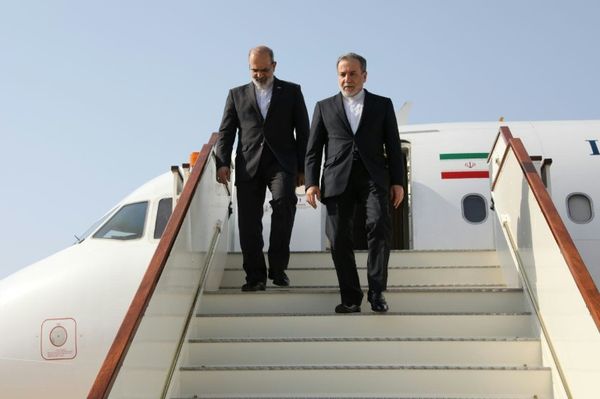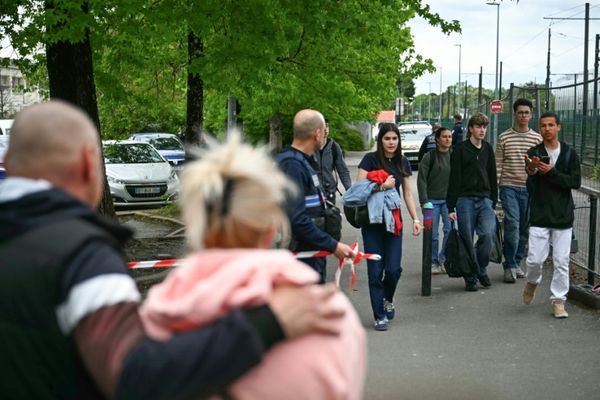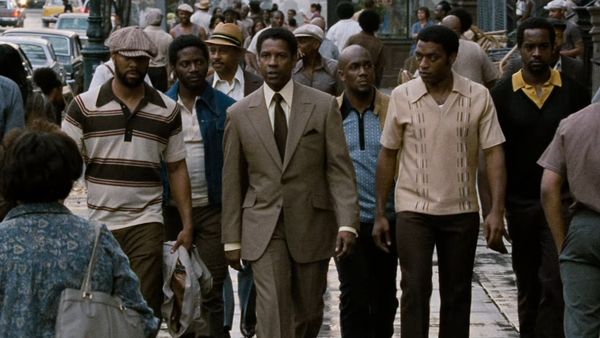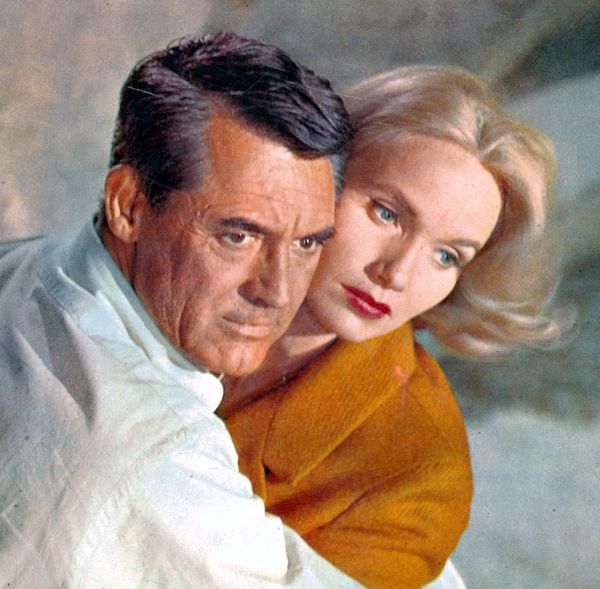
Here is a thoroughly enjoyable, big-hearted movie about building a better life through showbusiness. It is a feelgood underdog adventure set in the Indian city of Malegaon, inspired by a real-life situation and by Hollywood’s cherished tradition of let’s-do-the-show-right-here.
The starting point was a 2008 documentary called Supermen of Malegaon that became a sleeper hit for its lovable story about an irrepressible bunch of Bollywood superfans producing DIY spoof-homage versions of their favourites on video. Now here is the full feature film treatment, on the kind of scale its original heroes and heroines could only dream about. Directed and co-written by Reema Kagti, it is a boisterous, knockabout movie all about a band of Bollywood-crazy brothers, which mixes comedy, drama and tragedy but also meditates on the vital importance of unoriginality in the film business.
Adarsh Gourav (the star of Ramin Bahrani’s The White Tiger, from 2021) plays Nasir, a guy who starts out in the 90s as a wedding videographer and photographer at his brother’s studio, where he also puts on sparsely attended screenings of classic films by Chaplin and Keaton – but gets a far bigger crowd for his cheeky Godardian stunt of showing pirated video mashups of Bollywood and classic silent Hollywood comedies. This copyright-infringing spectacle gets broken up by the cops, but Nasir figures … why not simply make his own versions of huge commercial hits like Sholay?
With the cheek and entrepreneurial passion of a born independent film-maker, Nasir ropes in all his friends, including local journalist and would-be screenwriter Farogh (Vineet Singh), who is at first very much in favour of Nasir’s venture. Farogh though is far more serious about the original craft of film-making and urges Nasir to evolve away from the brazen business of mimicking other people’s films and start producing new work, based on the scripts he himself is writing. He is also contemptuous of the way that Nasir is prepared to include outrageous ads for a brand of matches in exchange for (vital) cash from the manufacturer. Nasir maintains he can’t be squeamish about this sort of thing, and the “ad” moment gets a big laugh from the cinema crowd. But perhaps the most poignant underachiever in Nasir’s ragtag group is lonely, gloomy Shafique (Shashank Arora), who falls heartbreakingly in love with Nasir’s leading lady, and dreams of one day flying in a plane.
Farogh then furiously storms out of Nasir’s company, demanding respect for his work: “The writer is the boss! The writer!” He angrily declares he is moving to Mumbai to make his fortune, and it is the start of a painful schism in which many of Nasir’s old friends are alienated from him. But a crisis in Shafique’s life is to bring them together, revitalised by a plan to tell an original story from their lives, but welded to a superhero template.
There is terrific fun, charm and storytelling energy in Superboys of Malegaon, and it settles on an interesting theme: very rarely indeed does a new film-maker find success with a completely original work. You have to pastiche and recreate the tried-and-trusted (if threadbare) formulae; you use your success with these as a bridgehead into the business, and then branch out with new stuff – and even then the new stuff might be merged with the existing templates that audiences love. Superboys of Malegaon is a lovable tale that soon gets airborne.
• Superboys of Malegaon screened at the London film festival.










